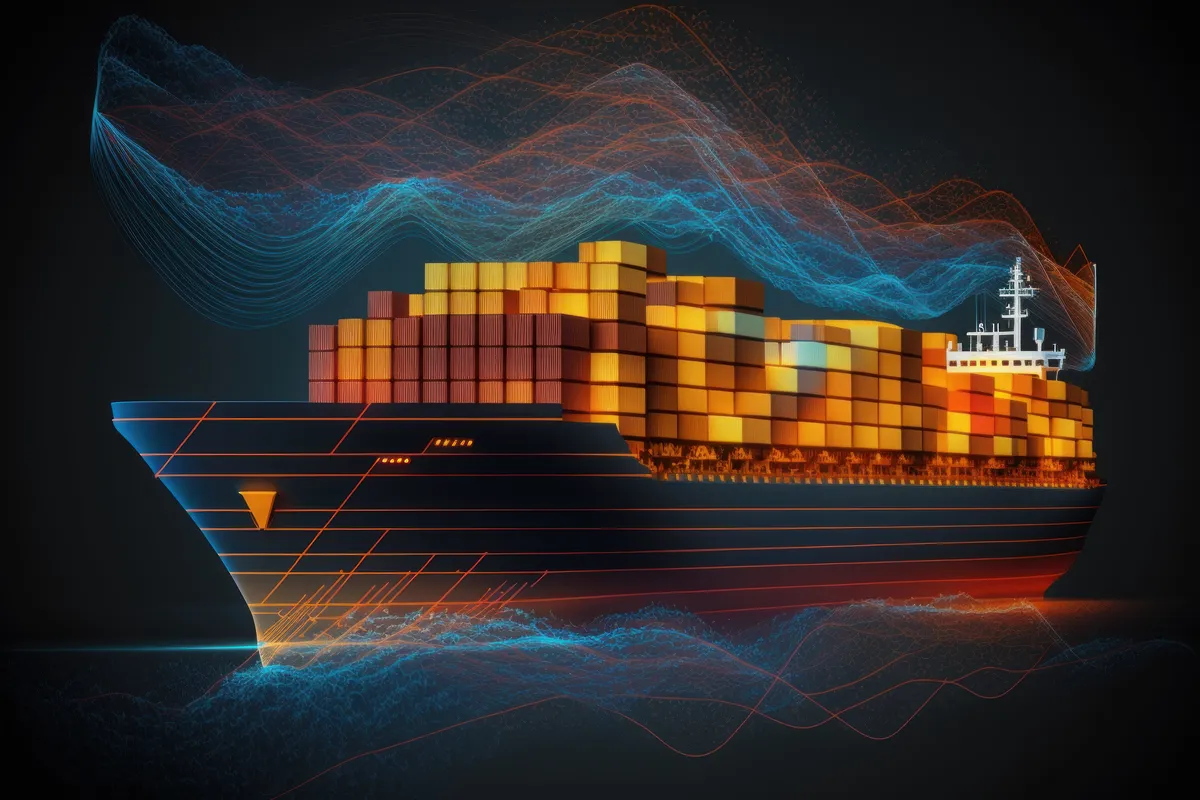The UK Maritime and Coastguard Agency issued Marine Guidance Notice MGN 702 (M), which outlines specific regulations for Maritime Autonomous Surface Ships (MASS) that are less than 2.5 meters in length overall.
Published on August 5, 2024, the notice introduces a General Exemption that allows these small, unmanned vessels to operate without the need for certification traditionally required by the MCA or its delegated bodies.
Key Points of MGN 702 (M):
- Introduction to MASS:
- Maritime Autonomous Surface Ships (MASS) are defined as any vessels or crafts capable of navigating or operating autonomously, either fully or partially, or through remote operations. This includes Remotely Operated Unmanned Vessels (ROUVs), which are vessels controlled from a remote location with no personnel on board.
- Background:
- Previously, there were two main certification pathways for MASS:
- A case-by-case assessment under the MGN 664 process, potentially leading to a load-line exemption certificate.
- Certification under the Workboat Code Edition 3 for ROUVs less than 24 meters in load-line length.
- To better support smaller vessels, or MiniMASS, the MCA has introduced this General Exemption specifically for MASS under 2.5 meters in length. This exemption provides a simpler, more proportional regulatory pathway for these smaller vessels. However, owners or operators still have the option to follow the traditional certification routes if they prefer.
- Previously, there were two main certification pathways for MASS:
- Details of the General Exemption:
- Eligibility: The exemption applies exclusively to MASS under 2.5 meters in length, provided they meet all the specified conditions.
- Regulatory Compliance: While the exemption simplifies certification, it does not negate the vessel owner's or operator's responsibility to comply with other relevant regulations, depending on the vessel’s design and intended use.
- Assumptions and Recommendations:
- The MCA assumes these small vessels will not carry Emergency Position-Indicating Radio Beacons (EPIRBs). If an EPIRB is carried, it must comply with the relevant Merchant Shipping regulations.
- Similarly, it is assumed that these vessels will not be designed to carry ballast water. If they are, they must adhere to the Merchant Shipping (Control and Management of Ships' Ballast Water and Sediments) Regulations 2022.
- The MCA advises operators to take measures to enhance the visibility and detectability of their vessels, including fitting appropriate radar reflectors or radar target enhancers in line with international standards.
- Review and Revocation:
- The General Exemption will be reviewed in conjunction with the Post-Implementation Review (PIR) of the Workboat Code Edition 3. The MCA also reserves the right to revoke the exemption at any time.
- Further Information:
- The document provides links to additional resources, including the Workboat Code Edition 3, relevant Merchant Shipping regulations, and the MGN 664 certification process for vessels using innovative technology.
All regulations can be found at legislation.gov.uk
LINK TO THE DOCUMENT

Sign up for our newsletter
It's free. No spam. Cancel anytime.










Related News
India issues investigation report on safety lapses aboard M.T. Patriot
Jan 24, 2025
Gibraltar issues guidance on prohibition of heavy fuel oil in Arctic waters
Jan 24, 2025
USCG safety alert: Hot work and lockout/tagout compliance
Jan 23, 2025